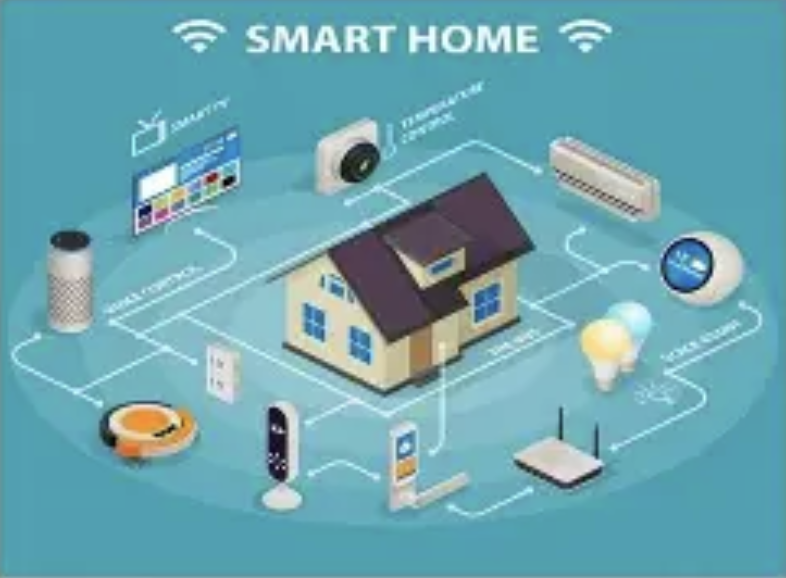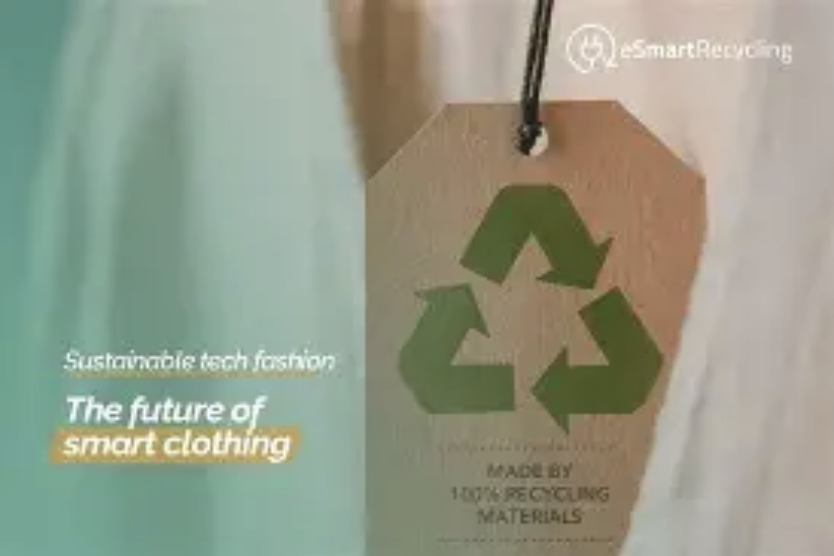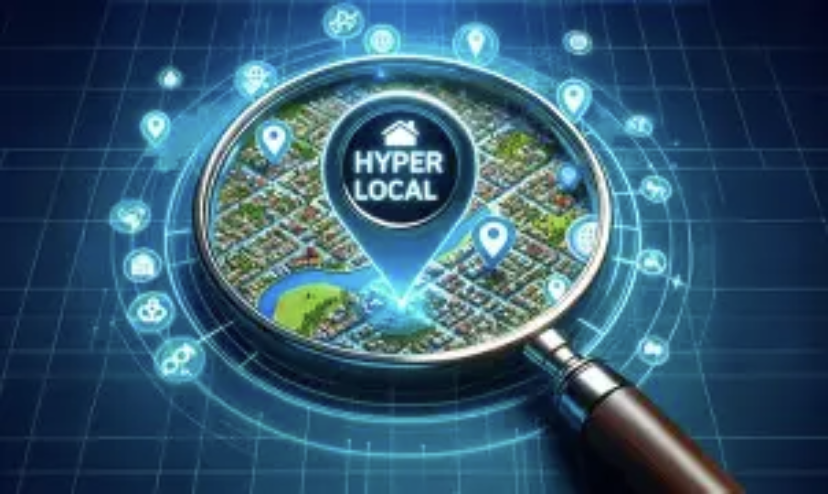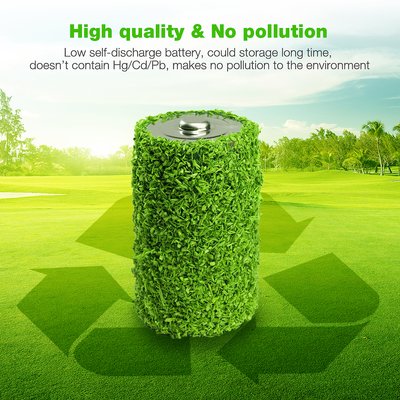Tech New Middle Class: Spending & Future
They are not merely affluent; they are knowledgeable about technology, guided by principles, and transforming markets with each transaction. The emerging middle class in technology, comprised of individuals working in fields such as science, technology, engineering, math, fintech, and digital development, is not pursuing showiness; rather, they are putting their money into goods and experiences that resonate with their concept of an intelligent, environmentally friendly future. To insightful analysts, their consumption patterns are more than just fads—they serve as models for future developments.
Investing in “Invisible Luxury”
Gone are the times when logos represented social standing. This demographic seeks "subtle luxury": high-quality devices featuring minimalist aesthetics, such as an elegant smartwatch that tracks fitness data without losing its fashionable appeal, or a home sound system that integrates effortlessly into interior designs while providing exceptional sound quality. They are willing to pay extra for a laptop crafted from recycled aluminum and supported by a carbon-neutral supply chain, placing higher importance on innovation and ethical practices rather than just brand names. This is luxury that performs as diligently as they do.

Home as a "Tech Ecosystem"
Their residences are not merely places to live—they serve as interconnected centers. They invest in user-friendly smart home technology that enhances their lives without being obtrusive: a smart thermostat that adapts to their routines to optimize energy consumption or a gardening system that irrigates plants based on current weather conditions. They also prioritize security, but not solely for protection—they desire cameras that focus on privacy, featuring end-to-end encryption and AI capable of telling apart family members from unknown individuals. Their aim? To create a home that is efficient, secure, and customized to their way of life.

Skill-Building for the Digital Age
Investing in education remains a crucial priority, but not in the context of traditional qualifications. They participate in brief, highly-focused programs: AI prompt development, blockchain applications in sustainable commerce, or fundamentals of quantum computing. Many employ personal technology trainers to help them grasp new software or engage in exclusive online groups where they work together on various projects—ranging from creating new applications to designing environmentally friendly products. For them, education is not a one-off experience; it is a continuous commitment to keeping pace with advancements.
They are also transforming the financial landscape. Rather than conventional savings accounts, they utilize fintech applications that enable them to invest in renewable energy ventures or businesses owned by minorities with a few taps. They favor debit cards that round up transactions to the nearest dollar and contribute the extra to environmental nonprofits. Some even engage with decentralized finance (DeFi) platforms for peer-to-peer lending, emphasizing openness and equitable interest rates instead of corporate bank profits.
Sustainable Fashion with Tech Twist
Fast fashion is becoming obsolete; "tech fashion" is emerging. They purchase garments made from synthetic materials (like lab-created spider silk or mushroom leather) that are both resilient and eco-friendly. Many utilize applications that monitor their wardrobe's carbon impact or rent designer items through platforms that leverage AI to recommend styles based on their existing clothing. Some even support "smart apparel"—activewear embedded with sensors to monitor physical activities, or dresses that change hues with a mobile application. This is fashion that is practical and innovative.

The emerging middle class in tech isn't just spending—it's making choices that reflect their values for a more intelligent, eco-friendly, and inclusive future. Their purchasing decisions are motivating brands to innovate, enhance transparency, and focus on purpose rather than profit. For individuals aiming to stay ahead, observing how this group allocates their funds is not merely intriguing—it is vital. Because the future they are shaping? It is already unfolding, piece by piece.
(Writer:Lorik)





